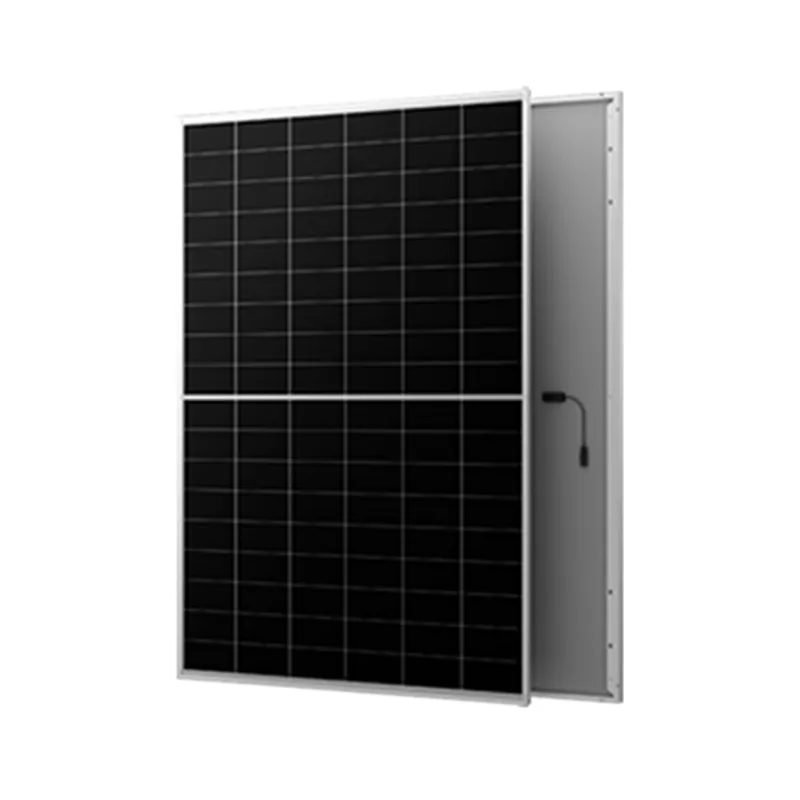2 月 . 13, 2025 10:51
Back to list
cost of solar generator for home
Investing in a solar generator for home use is becoming increasingly appealing for those seeking sustainable energy solutions. Solar generators are not only an eco-friendly option but also a reliable power source during emergencies. Understanding the cost components, as well as the value they provide, is crucial for making an informed buying decision.
4. Additional Features Advanced features such as Bluetooth connectivity, expandable battery capacity, or fast-charging capabilities can also influence the price. Such features enhance user experience and provide greater control and monitoring of the system’s performance. 5. Installation and Setup Costs While the generator itself is a key cost, installation expenses should not be overlooked. Depending on the complexity of the setup, professional installation fees can range from $200 to $1,000. Some setups might require additional components such as inverters or specialized wiring to integrate seamlessly into the home’s electrical system. Aside from the tangible costs, prospective buyers must consider the long-term savings that a solar generator offers. Reduced reliance on the grid and protection against power outages can translate to significant savings over time. Additionally, as technology evolves and becomes more widespread, the initial costs of solar generators are expected to decrease, making them accessible to a broader audience. To ensure a wise investment, potential buyers should not only compare prices but also assess the specific power needs of their home and the reliability of the supplier. Consultation with energy specialists or conducting thorough online research of user reviews can provide deeper insights into choosing the right system. By understanding these financial and practical aspects, homeowners can better appreciate the value proposition of solar generators. They offer a compelling blend of cost, resilience, and environmental benefits, making them a strategic addition to any home interested in energy sustainability.


4. Additional Features Advanced features such as Bluetooth connectivity, expandable battery capacity, or fast-charging capabilities can also influence the price. Such features enhance user experience and provide greater control and monitoring of the system’s performance. 5. Installation and Setup Costs While the generator itself is a key cost, installation expenses should not be overlooked. Depending on the complexity of the setup, professional installation fees can range from $200 to $1,000. Some setups might require additional components such as inverters or specialized wiring to integrate seamlessly into the home’s electrical system. Aside from the tangible costs, prospective buyers must consider the long-term savings that a solar generator offers. Reduced reliance on the grid and protection against power outages can translate to significant savings over time. Additionally, as technology evolves and becomes more widespread, the initial costs of solar generators are expected to decrease, making them accessible to a broader audience. To ensure a wise investment, potential buyers should not only compare prices but also assess the specific power needs of their home and the reliability of the supplier. Consultation with energy specialists or conducting thorough online research of user reviews can provide deeper insights into choosing the right system. By understanding these financial and practical aspects, homeowners can better appreciate the value proposition of solar generators. They offer a compelling blend of cost, resilience, and environmental benefits, making them a strategic addition to any home interested in energy sustainability.
Prev:
Latest news
-
Unleashing the Power of Solar InvertersNewsOct.23,2024
-
The Advantages of String Solar InvertersNewsOct.23,2024
-
Revolutionizing Energy: Your Guide to Solar InvertersNewsOct.23,2024
-
Harnessing the Sun: The Essential Guide to Solar InvertersNewsOct.23,2024
-
Harness the Power of the Sun: Your Guide to On-Grid Solar InvertersNewsOct.23,2024
-
A Comprehensive Guide to Off-Grid Solar InvertersNewsOct.23,2024
Related PRODUCTS







